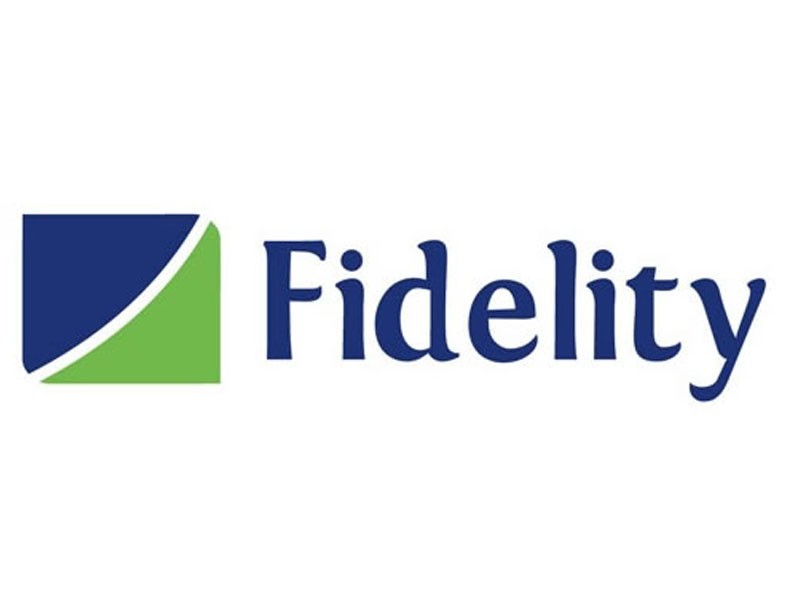Fidelity Bank Plc, in collaboration with the Nigerian Postal Service (NIPOST) launched 266 agency banking centres in efforts to extend financial services to rural communities and low income segment of the society, to boost financial inclusion in the country.
The alliance is also targeting over 1,400 other locations across Nigeria in a short time.
Post-Master General of NIPOST, Bisi Adegbuyi, said Fidelity Bank will have its Point of Sale (POS) used in NIPOST facilities nationwide.
He explained that following the development, NIPOST’s Financial Services Unit was mandated to establish a Financial Service supermarket where customers of various service providers can have access to the products and services, and also develop an Agency Banking framework to serve as guideline for all banks in the country to participate.
Adegbuyi said, “The project has the potential to increase the revenue base of both organisations and enhance the savings culture of the rural dwellers as well as help in mopping excess cash from rural communities, help to drive government’s financial inclusion policy, and facilitates funds transfer between citizens for mutual benefits.”
According to him, Nigeria has a large rural population (63.9 per cent), while over 20 million adults of the total adult population gets their main source of income from subsistence or commercial farming.
‘’It is also estimated that only 60.5 per cent of adult population have access to financial service, the main reason for this, it is not cost effective for banks to go to rural areas, for that reason, 40 per cent of bank branches are based in the Lagos axis, while over 47 per cent of Nigerian farmers do not have access to financial services because they are mostly based in rural area, out of over 1,800 post offices, about 70 per cent are in rural areas.”
Also, the Deputy Managing Director, Fidelity Bank Plc, Mohammed Balarabe in his remarks said the bank is interested in the collaboration because it is in line with its strategy to promote financial inclusion in Nigeria.
According to him, “We have most Nigerians of ages 60-70 per cent in local places; hence we are targeting 1,400 locations for this project. But for now, we are beginning with 266 branches as pilot centres before we expand the scope.”
POS collection: Fidelity Bank, NIPOST launch 266 agency banking centres






